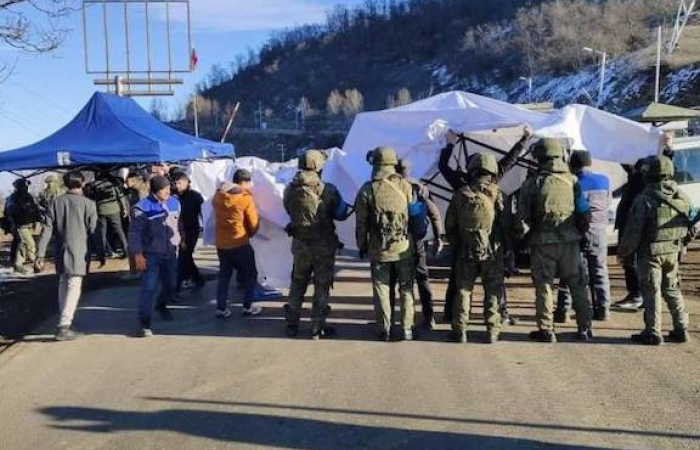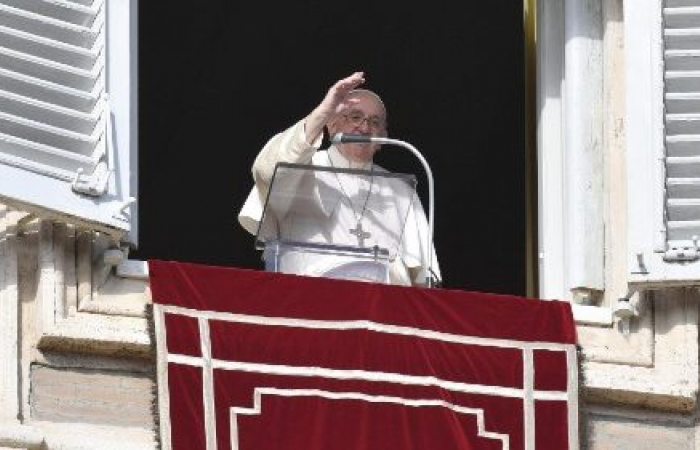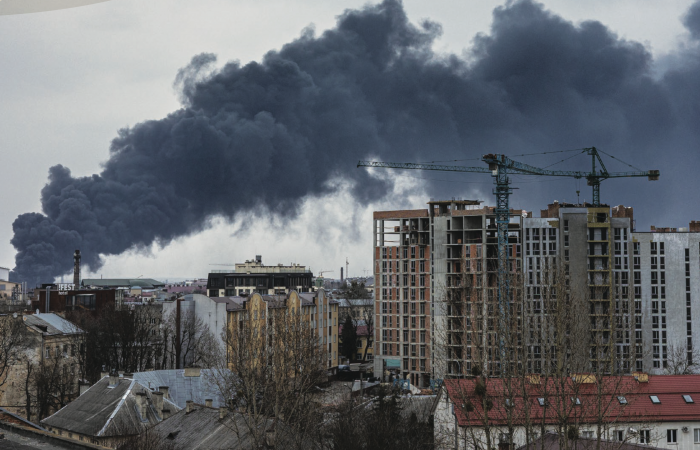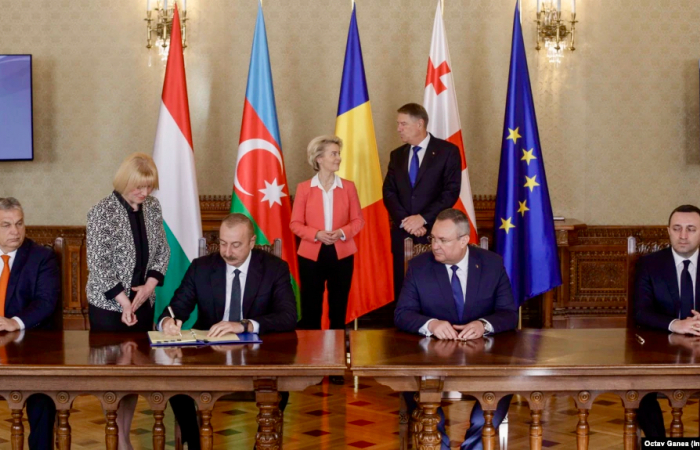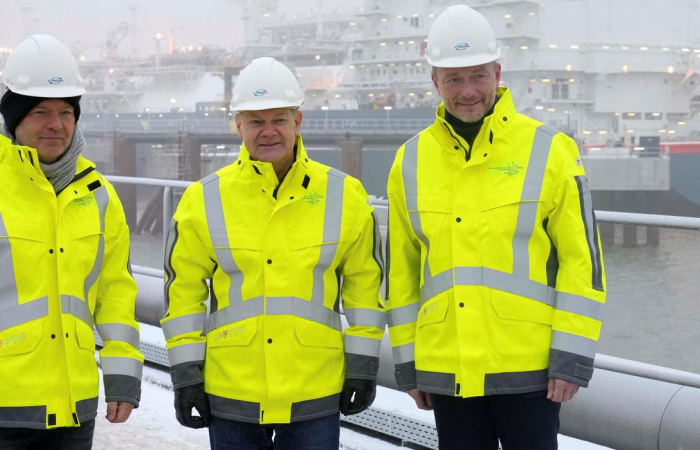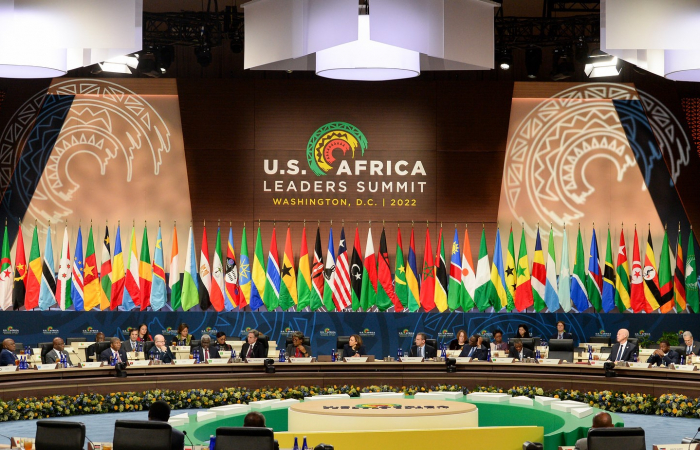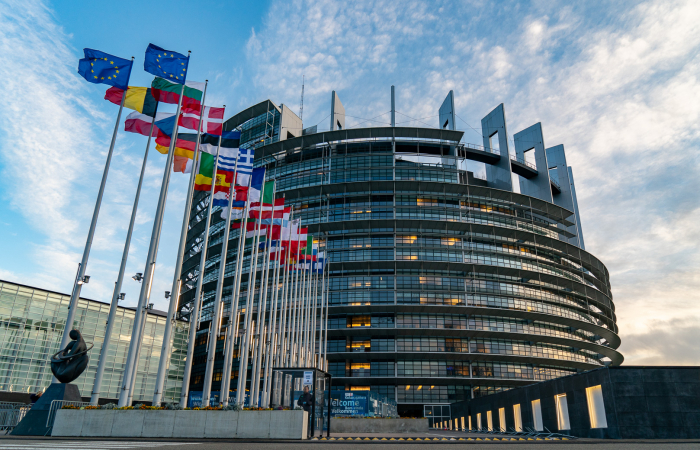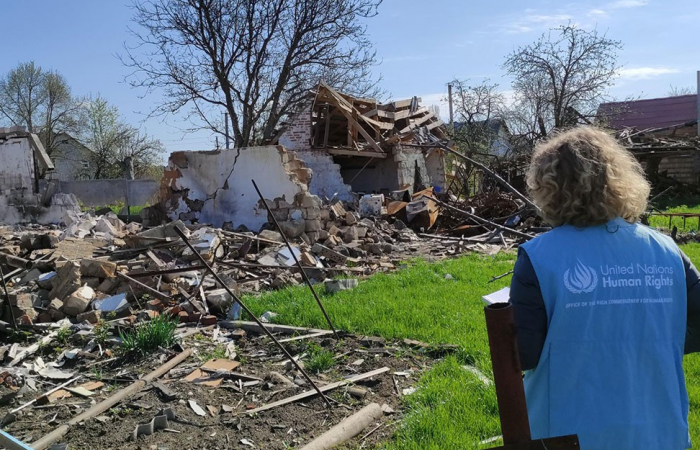Trending
Opinion: 2022 started promising from the perspective of peace between Armenia and Azerbaijan but prospects for 2023 are bleak
19 December 2022
Russia's attempts to show Armenia and Azerbaijan its red lines during the summit in Sochi on 31 October disrupted a positive moment in Armenia-Azerbaijan relations that had been ongoing throughout 2022. A deterioration in Azerbaijan-Iran relations has further hightened tensions in the region. "One can foresee that new escalations and hostilities will be imminent, if the peace efforts fail to deliver tangible outcomes between Armenia and Azerbaijan, and if some external actors continue to fuel the tensions in the region", writes Vasif Huseynov in this op-ed for commonspace.eu.



